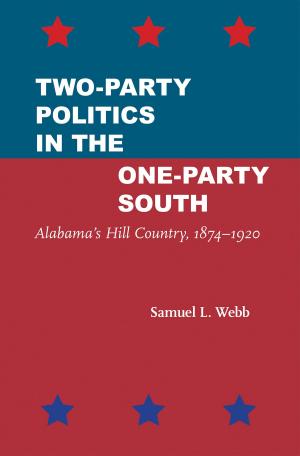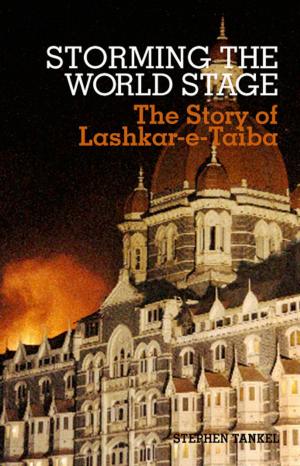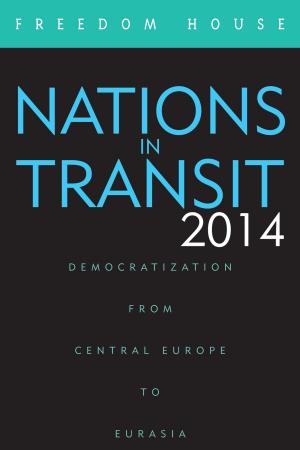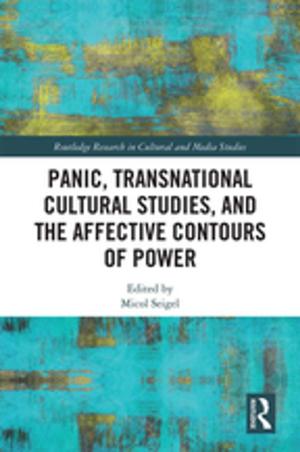Mitt Romney and the Mormon Church: Questions
Nonfiction, Religion & Spirituality, Christianity, Denominations, Mormonism, Social & Cultural Studies, Political Science| Author: | William John Cox | ISBN: | 9780985785048 |
| Publisher: | William John Cox | Publication: | August 22, 2012 |
| Imprint: | Smashwords Edition | Language: | English |
| Author: | William John Cox |
| ISBN: | 9780985785048 |
| Publisher: | William John Cox |
| Publication: | August 22, 2012 |
| Imprint: | Smashwords Edition |
| Language: | English |
Voters of every political persuasion who are considering voting for Mitt Romney, and who think his religious convictions are benign, must carefully evaluate his religious beliefs to determine for themselves if that is true, and they have every right to do so.
Voters, who are becoming increasingly concerned about government intrusion into their lives and the loss of their personal freedoms, must ask themselves whether they want to vote for a president who has spent the last 50 years enthusiastically proselytizing for a secret religion that believes its priests have the sacred right to dictate the health, moral, psychological and financial decisions of its members. Is that a mindset they want in their president?
Voters have to honestly ask themselves whether Mitt Romney "shares their religious values" and if not, what those differences will mean to them, their families and their country, should he be elected president.
Voters will have choices other than Mitt Romney and Barack Obama in November. The Green Party and the Libertarian Party will both offer worthy candidates on the ballots of every state. Although it is unlikely their candidates will be successful, these candidates provide an opportunity for voters to vote their consciences, rather than their fears.
If unsatisfied with all candidates, voters have the power to write in their choice, even if the name is not on the ballot. Protest write-in vote will not be counted, however, is essential that voters demonstrate that the government belongs to the voters who elect it, rather than to those who try to buy elections and hire the People's representatives.
If every qualified voter were to cast a vote of conscience, based upon an intelligent and thoughtful consideration of the qualifications of every candidate, the election of 2012 could very well go down in history. Not because of who was elected, but because of the manner in which the People voted.
Voters of every political persuasion who are considering voting for Mitt Romney, and who think his religious convictions are benign, must carefully evaluate his religious beliefs to determine for themselves if that is true, and they have every right to do so.
Voters, who are becoming increasingly concerned about government intrusion into their lives and the loss of their personal freedoms, must ask themselves whether they want to vote for a president who has spent the last 50 years enthusiastically proselytizing for a secret religion that believes its priests have the sacred right to dictate the health, moral, psychological and financial decisions of its members. Is that a mindset they want in their president?
Voters have to honestly ask themselves whether Mitt Romney "shares their religious values" and if not, what those differences will mean to them, their families and their country, should he be elected president.
Voters will have choices other than Mitt Romney and Barack Obama in November. The Green Party and the Libertarian Party will both offer worthy candidates on the ballots of every state. Although it is unlikely their candidates will be successful, these candidates provide an opportunity for voters to vote their consciences, rather than their fears.
If unsatisfied with all candidates, voters have the power to write in their choice, even if the name is not on the ballot. Protest write-in vote will not be counted, however, is essential that voters demonstrate that the government belongs to the voters who elect it, rather than to those who try to buy elections and hire the People's representatives.
If every qualified voter were to cast a vote of conscience, based upon an intelligent and thoughtful consideration of the qualifications of every candidate, the election of 2012 could very well go down in history. Not because of who was elected, but because of the manner in which the People voted.
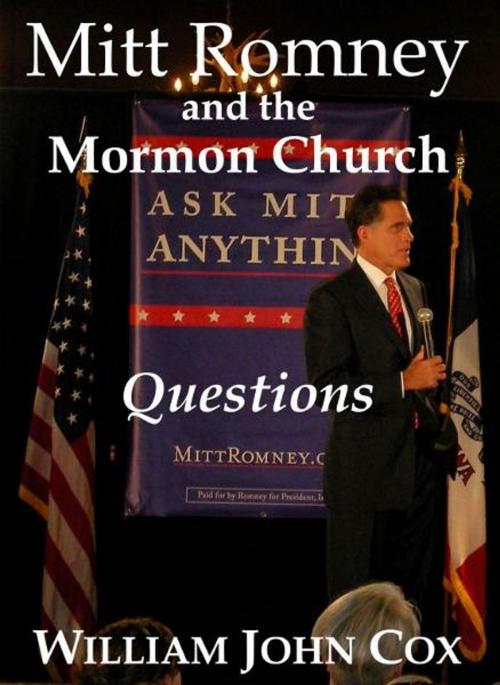

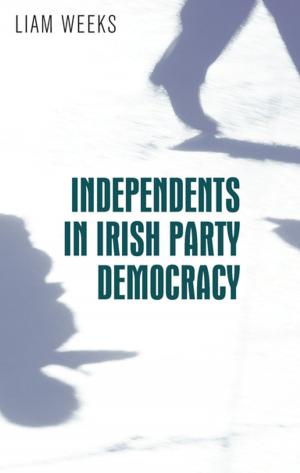


![Cover of the book Human Rights, Human Security, and State Security: The Intersection [3 volumes] by William John Cox](https://www.kuoky.com/images/2014/july/300x300/9780313397615-JNOZ_300x.jpg)





